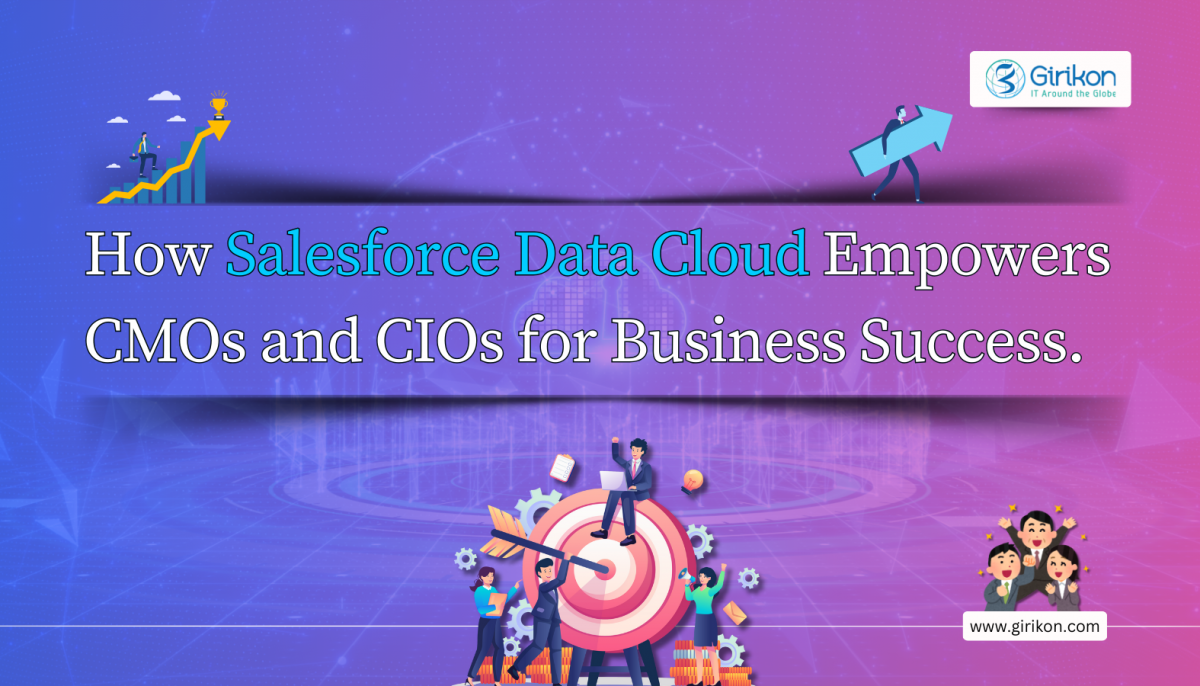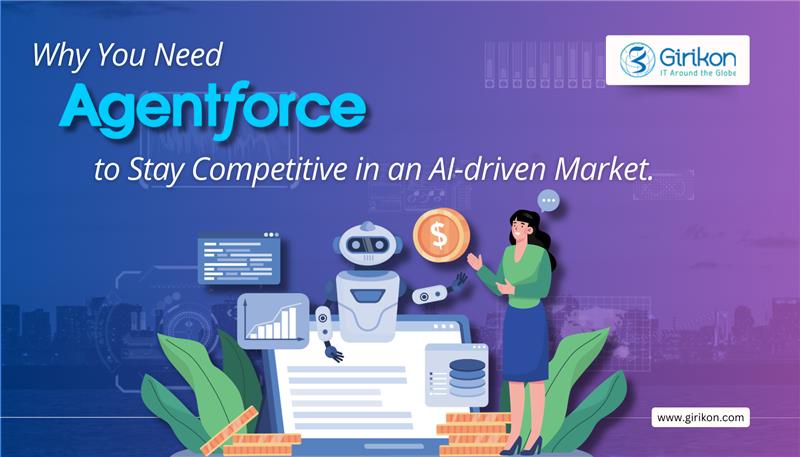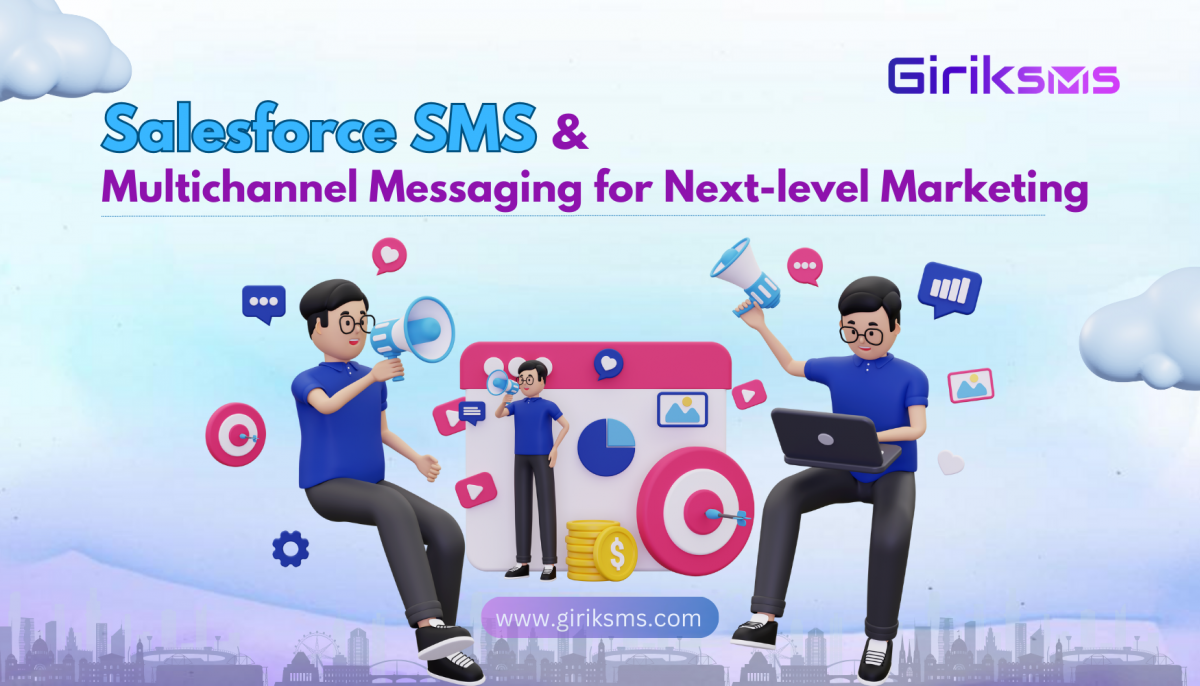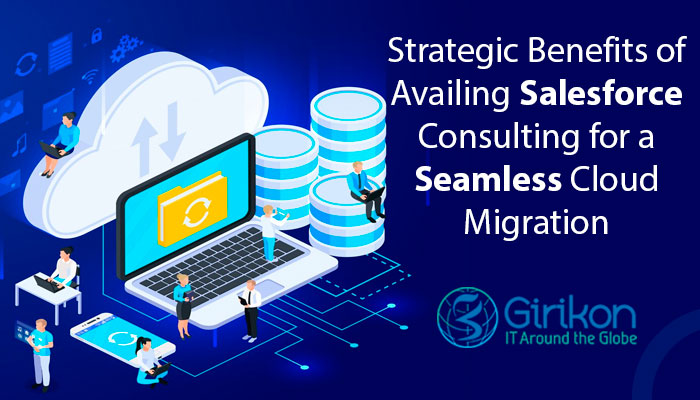In History, we read about time segregated by the birth of Christ. The era before him was BC (Before Christ) and that after is referred to as AD (Anno Domini is a Latin word meaning “in the year of the Lord”). So, we all stand in 2017 AD as we go through this blog.
By now, you must be thinking we all know this; so what’s the point in discussing here. But, read on…I would now like to lead you to another segregation of time, BC and DC which are Before Cloud and During Cloud!
OK! Does this matter? Is it really big enough to elicit such a nomenclature? Aren’t these the next questions racing through your mind?
We all know the advent of the Cloud has disrupted not only the ways in which IT works but also the ways in which businesses function. Shown below is a summarized view of where and how businesses have needed to shift focus and attention since the shift to the Cloud.
Now, if we understand the volume and complexity of this shift, we will agree that this is certainly big enough! The economy of “Customer Experience” is here and the vendor has to own the burden of delivering quantifiable business outcomes. Being able to manage change well is no longer enough! Adaptability is the in-thing. Adaptable is what organizations have to become and Adaptability is what leaders need to somehow embed into the organization culture!!
Achieve Customer Delight and ensure your own success in this DC times:
Dig deep to decide which customer data will provide actionable insights into whether or not the clients are on the right track towards their expected business outcomes
Bring in an organization wide culture of Collaboration. Collaboration in the key, No more departmental/though-process silos please!
Raise awareness on holistic customer journeys till the last rung in the organization
Be flexible towards Technology – Use what serves better. They are only worth what we are able to extract out of them
Measure outcomes – Not just your own, but of your customers’. Prove ROI on their engagement with you and secure the renewal
That is all for this article, in case you need Salesforce Implementation Services for any Salesforce related work, then please feel free to reach out to sales@girikon.com
We certainly are lucky to be living in interesting times. Times, when the human race and its ways of living and interacting are constantly evolving in all areas. Disruption and evolution seem to have become the two faces of the same coin.
While this discussion can cover n number of facets, let us focus the current scope on IT and how the convergence of several digital forces, mobile, SaaS, cloud, big data, IoT and social, are constantly disrupting markets. The effect of this is that the IT Industry is constantly having to evolve and adapt at faster speeds to live up to the expectations of the market. This is what is being termed as Enterprise Darwinism. In an an era where one must evolve to deliver customer success or die, Enterprise Darwinism or Digital Darwinism refers to the steps taken by enterprises to adapt to the external changes, adopt the right processes, start to think & operate differently in order to be able to scale up to be capable of meeting the challenges of digital transformations.
The digital competition along with advent of cloud and mobile has brought about a break down in the traditional IT operating model. IT is now more of an enabler for the business, providing support and training, as required to help the business consume available capabilities to build their own solutions, better suited to their needs.
In such an ecosystem, APIs will be key assets that IT teams will build for developers across the organization to use to build new apps, services, and processes. The demand will be for streamlined networks that use APIs to connect the company’s applications, data, and devices. These networks will be the backbones, providing right & fast information & connectivity, across the enterprise. This is what will help enterprises innovate faster, adapt better, create better customer experiences, and eventually get ahead of all competition.
This is exactly where MuleSoft comes into the picture. MuleSoft helps build application networks: seamless frameworks of applications, data sources, and devices connected by APIs, whether on-premises or in the cloud.
Mulesoft provides various APIs, connectors and models of middleware to centralize and standardize integration practices across an entire infrastructure. It provides a software platform that connects nearly every technology in a standardized way.
What is achieved using Mulesoft:
Mulesoft unlocks data using APIs and connecting it to external systems and applications
It enables to manage and secure the flow of data between all systems in the enterprise
Availability of self-serve existing APIs helps teams innovate faster
Developers across the organization can leverage existing APIs to create new processes and experiences
In a Nutshell, Mulesoft can become one of the critical tool to help adapt and evolve faster. As Darwin stated, “It is not the strongest of the species that survives, nor the most intelligent, but the one most responsive to change.” If enterprise Integration is what can give your business the leading edge, Mulesoft is what can help you achieve it.
In case you need Expert Salesforce Consulting Team for any Salesforce related work, then please feel free to reach out to sales@girikon.com
SteelBrick is now
Salesforce Quote-to-Cash. The information is doing the rounds but what should it mean to you, the Salesforce users?
Why Automated Quote-to-Cash
To come to a conclusion on this, let’s first evaluate if you should even spend time thinking about this. The answer is “yes” if you are experiencing any of these situations in your business:
Errors or mismatches in the quote items configured by your Sales Reps
Sales Reps reporting challenges in maintaining price lists and discounting
Quoting process is very time-consuming and requires several reviews. It takes really long to get an approved quote to a prospect
Any issues with accepted proposal getting transformed into an order and in managing invoicing and revenue recognition
No visibility into the your sales pipeline
Quote-to-Cash is one of the most Critical Business Process as it drives revenue for the organization. It is the critical link that starts with the customer’s intention to buy and ends with the bank cash registers ringing for the organization. Quote-to-Cash encompasses a whole lot of processes, the entirety of sales, contract, and customer relationship lifecycles.
Salesforce Quote-to-Cash
The Quote-to-Cash begins with Configure, Price, Quote (CPQ)—configuring the offer, developing the appropriate pricing, and creating the quote. It continues on through negotiations, invoicing, payment, and even renewals and renegotiation. Salesforce Quote-to-Cash solutions are built to streamline and automate these processes.
The Salesforce Quote Quote-to-Cash can help catapult businesses to the next levels with solutions around:
Efficient Sales Quotes
Price and Quote – Accurate customer-friendly quotes, with pricing discounts thrown in as applicable, now become so easy!
Guided Selling – Sales reps are now able to select the right products and services for each customer every time
Salesforce CPQ for Communities – This accelerates channel sales making it easy for partners to sell your products and services.
Orders and Renewals – Convert quotes to clean orders easily
Product Configurator- Business rules and logic based products and service configuration.
Proposals & Contracts
Proposal Generator – Enhance branding through professional proposals.
Manage Contracts – Super fast creation and management of professional sales contracts
Revenue & Subscriptions
Invoice – With an automated invoicing process, invoices can be created on the move frm any device.
Manage Sales Tax and VAT – Selling and billing in multiple currencies becomes so easy. All tax calculation are taken care of.
Subscription Billing – Subscription renewals will never be missed now.
Revenue Recognition – Instant revenue related reporting and dash boarding around quotes, orders, invoices and payments.
Payments – Non-complicated payments collection and management, without processing complications.
Benefits of an Automated Quote-to-Cash Process
Greater business efficiency
Increased accuracy
Better visibility from initial quote to final payment
Drives innovation through the organization to reduce delays and bring in efficacy
IfIf you have any query related to this article or want to know more about Salesforce CPQ or if you require Salesforce Support Services, then do contact us at sales@girikon.com

 +1-480-382-1320
+1-480-382-1320 +44-7428758945
+44-7428758945 +61-1300-332-888
+61-1300-332-888 +91 9811400594
+91 9811400594


















